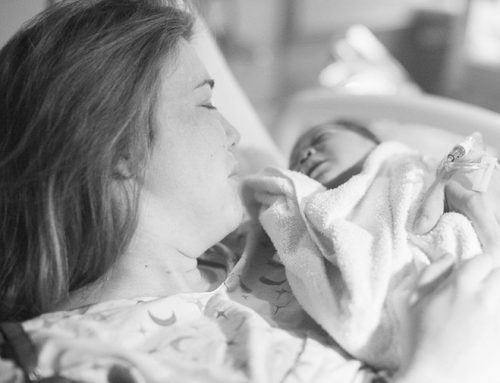Hormone Flux and the Emergence of Irritability During Pregnancy: Investigating the Trajectory and Neurobiological Correlates of an Underrecognized Mood State
2022 Award: $40,000
Irritability is common in perinatal depression, however we do not know when irritability emerges during pregnancy and the neurobiological pathways underlying symptom progression are poorly understood. In this study we will investigate how hormone changes across pregnancy relate to the onset of irritability in women at risk for perinatal depression. We will also evaluate how hormone changes relate to neural and behavioral responses to threat and frustration, key components of irritability. Investigating the emergence and neurobiological correlates of irritability in perinatal depression is a critical first step to shed led light on this often underrecognized mood state and identify potential targets for prevention and intervention efforts that support the wellbeing of women and children.
Need/Problem: Irritability is common in reproductive mood disorders and is often identified as one of the primary presenting concerns in perinatal depression. However, few studies have measured irritability in women at risk for perinatal depression and the neurobiological pathways underlying symptom progression are largely unknown.
Grant Summary: We will characterize the trajectory of irritability across pregnancy in women at risk for perinatal depression and examine the extent to which fluctuations in estradiol are associated with prenatal irritable mood. We will also investigate the relation between estradiol fluctuations and brain and behavioral measures of dysregulated threat and reward processing, two key components of irritability.
Goals and Projected Outcomes: This will study will provide important information on day-to-day estradiol fluctuations during pregnancy and will be the first known study to characterize the emergence and trajectory of irritability in perinatal depression. This study will also determine the relation between changing reproductive hormone levels, neural and behavioral indicators of dysfunctional threat and reward processing, and irritability during pregnancy. Results will provide important and novel pilot data that will support additional research funding to identify possible targets for effective prevention and intervention efforts.

Danielle Swales, PhD
Grant Details: In this project we will recruit a sample of women early in their pregnancy and follow them through delivery. We will characterize irritability throughout pregnancy, measure estradiol fluctuations, and collect EEG and behavioral data to investigate the extent to which fluctuations in estradiol are associated with perinatal irritability as well as neural and behavioral response to threat and frustration. Results will provide preliminary data for subsequent funding to further investigate the neural correlates of perinatal irritability and explore how these risk pathways extend into the postpartum period. Long term we hope that identifying and furthering our understanding of the neurobiological pathways underlying perinatal irritability will inform new ways to treat these symptoms and optimize maternal and child wellbeing.





